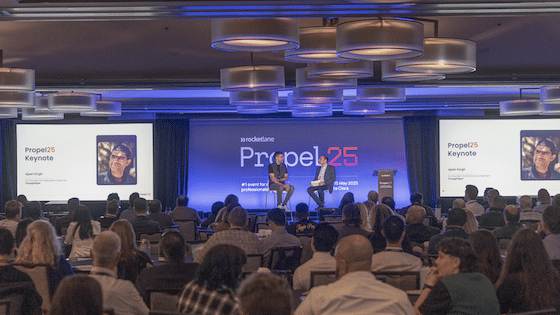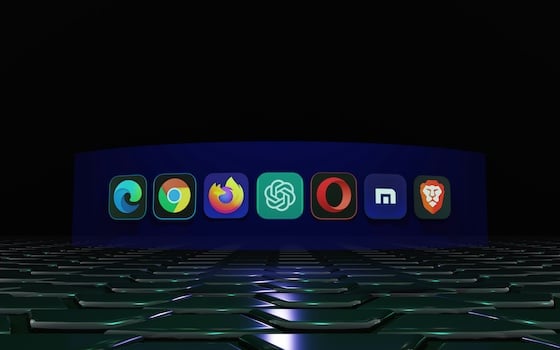The world of mobile location tracking saw a big development this week when Apple and Google issued bans on data from X-Mode. Both companies have communicated to developers to remove X-Mode trackers in their apps or risk getting removed from the respective platforms (iOS and Android).
The action largely stems from recent scrutiny that X-Mode has faced due to its national-security work. This work has been revealed through investigations led by en. Ron Wyden (D., Ore.) into the sale of location data to government entities. X-Mode has been identified as one such location data broker.
Specifically, it provided data to U.S. government contractors for functions such as national security, counterterrorism and pandemic response according to the Wall Street Journal. X-Mode isn’t the only company identified and targeted by investigations, but this week’s move has been the biggest blow.
In fact, this is the first time that a single location data provider has been targeted so directly, outside of GDPR enforcement that went after a handful of providers like Teemo. That involves regulatory action while the Google/Apple action is private sector (though informed by congressional investigation).
Double-Edged Sword
As background, the location intelligence sector has emerged over the past decade, mostly to inform and optimize mobile advertising campaigns. But the same ad-tech underpinnings have made this technology primed for other valuable uses — everything from real estate to equities research.
As we’ve examined, one of those use cases emerged this year: contact tracing. The same movement tracking that helps marketers track campaign attribution can be used to track one’s contact history with other opted-in devices. This has fallen short due to lack of participation and requisite network effect.
The broader point is that location intelligence has several use cases and it was only a matter of time before it was applied to areas like national security. This likely elevated from a combination of top-down pressure as well as financially-motivated participation from location data providers.
Here it appears to be a bit of a double-edged sword as that well-placed financial motivation has revenue benefits but political detriments. In X-Mode’s case, it has exposed the company and put it in the cross-hairs of a congressional investigation. And we could soon see more impact to others in the same boat.
Of course, there are two sides to every story. Matters of privacy get heated, fast. A certain degree of the past decade’s privacy backlash has been emotionally charged rather than focused on granularities and guardrails. On the other hand, it’s been a positive movement to put necessary checks in place.
Warning Shot
It’s unclear if the X-Mode ban is on the rational or politically-charged side of that spectrum, but its SDK appears to follow industry-standard opt-in protocols. Meanwhile, this is a warning sign to the rest of the location tracking world… which is already largely on alert from a longstanding privacy backlash.
“A ban on X-Mode’s SDK would have broader ecosystem implications considering X-Mode collects similar mobile app data as most advertising SDKs, the company told WSJ. “Apple and Google would be setting the precedent that they can determine private enterprises’ ability to collect and use mobile app data.”
Notably, these moves could accelerate the consolidation we’ve been predicting. Among other factors, regulatory (GDPR, CCPA) and private sector (iOS updates) limit capabilities, which cause companies to pool resources. There’s also the need to gain scale to compete with Foursquare’s power play.
As for the app-world impact of Google and Apple’s ban, WSJ reports that about 100 Apple apps use X-Mode’s software. Apple has given developers two weeks to remove X-Mode’s trackers, while Google is allowing seven days — though it’s also offering 30-day extensions to app developers who request it.



